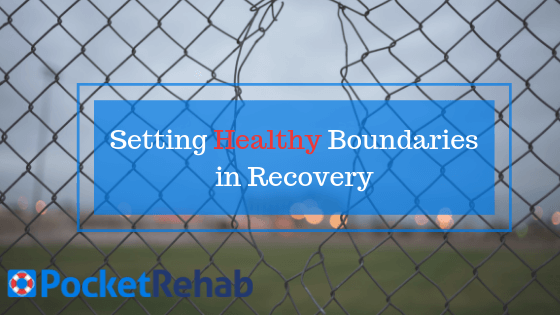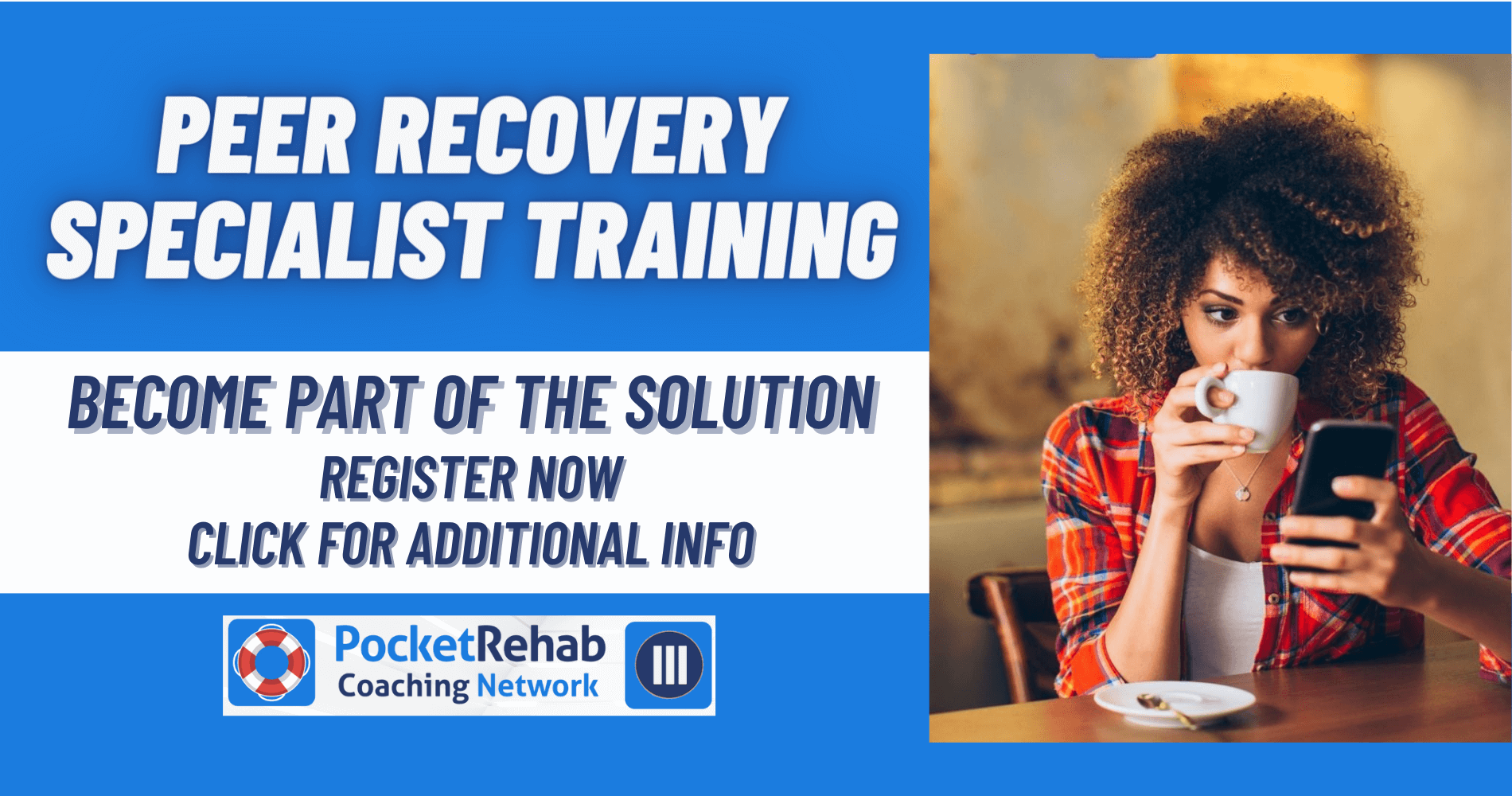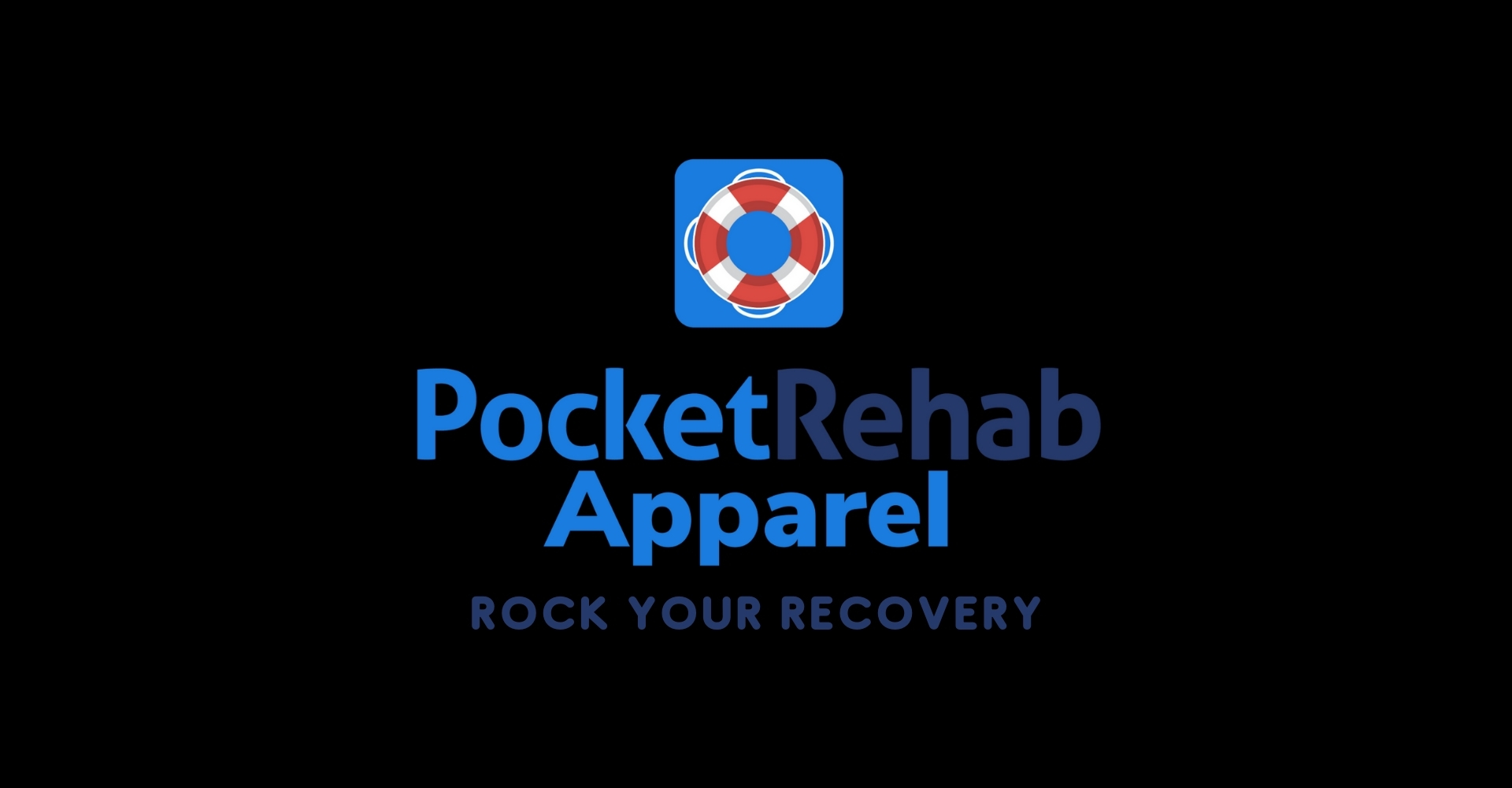Setting Boundaries in Recovery

Active addiction blurs the lines between right and wrong, between okay and not okay, between boundaries that are acceptable and those that – don’t exist. Lack of boundaries in your life allow others to manipulate you and take advantage of you, placing you in way of harm. In recovery, we learn how to set boundaries, to say “NO” and to make healthy decisions for ourselves rather than allowing others to do this for us.
Why do I have Unhealthy Boundaries?
Individuals in early recovery generally have unhealthy boundaries for one of two reasons: neglectful parenting or overly strict parenting. Either way, our nature to set unhealthy boundaries stems back to our childhood and how we were raised. In any event, these boundaries are what has allowed us to slip through and become addicted to drugs or alcohol.
For those who had neglectful parents, they grew up in a home that did not have boundaries for their children to follow and therefore when the children grew they did not create reasonable adult boundaries to adhere to. These individuals are independent, do not seek the help of others, and may avoid close relationships. Emotions remain hidden behind the individual wall and as an adult, the individual seeks drugs or alcohol to help release unsatiated emotions.
For those who had overly strict parents, they grew up in a home where the boundaries were so much that there was ZERO room for personal or individual growth. Children growing up this way become dependent and clingy with little respect for the boundaries of others. Later on, as adults, these individuals seek an outlet possibly because they can’t understand why others get frustrated with them for being so clingy or needy.
Why Are Boundaries Important?
Boundaries are what effectively sets us apart from others—from other individuals, other family members, other friends. Boundaries also protect us from being negatively influenced by the actions or behaviors of others with unhealthy boundaries.
When we are actively using drugs or alcohol, our boundaries are inhibited. Even if we once had semi-healthy boundaries, we let them fall when we are abusing drugs or alcohol. Unhealthy boundaries create a series of negative behaviors such as:
-
Finding it difficult or impossible to say “no.”
-
Feeling like we have been victimized or mistreated in some manner.
-
Feeling manipulated or otherwise taken advantage of.
-
Actively manipulating others for our own personal gain.
-
Sacrificing individual values and goals for others or for the enjoyment of someone else.
-
Struggling to share an opinion. Feeling as if it is not YOUR opinion to have.
Setting Healthy Boundaries in Recovery
During recovery, we must set personal boundaries not only to protect us but also to take control of our own actions and life. When we set healthy boundaries, we stop letting others control what we say or do. We are showing others that we are in control. This also helps the individual to feel more at ease with him or herself, a sign of improved self-confidence and self-worth.
Setting healthy boundaries begins with a personal assessment of yourself and your beliefs. What is most important personally to you? What beliefs and personal opinions are so important that you would NEVER let anyone else force their opinion on you or change your belief? You may want to take a personal inventory of your boundaries and values in your recovery journal. You can even use a recovery app like Pocket Rehab to write down your personal values and beliefs.
Begin respecting your own boundaries. Before you can possibly expect someone else to have respect for your boundaries, you must first respect them. Now that you have a list of personal values that you will not ever veer from, you can start living by those values. Once you have made the changes to your life to live by your values, you can also expect others to respect those values.
Respecting Your Personal Boundaries
What is your limit? Everyone has a limit. An imaginary line that they absolutely will not cross? What is it for you? Once you have defined your limits (for instance, I will not deal with being cursed at) If someone curses at you, make them aware of the disrespect you feel from it and let them know that it goes against your personal values or beliefs.
Before you react to someone that has disrespected you, think about what you will say or do. Be respectful but stern when you let the individual know that your boundaries have been crossed and you do not appreciate it. After you have set boundaries that you are imposing, just continue to remind others of those boundaries.
It is important to remember that you can only change yourself—not others. For instance, you may set a boundary to NOT be around someone you love that uses drugs or alcohol. You cannot make them stop, but you can choose to not be around them. When setting your personal boundaries, you must remember that you cannot control others.
Likewise, others cannot tell you what your own personal boundaries should be. They may not like your boundaries, and they may not want to follow or respect your boundaries…but they have no say in whether you choose to remain healthy.
Applying this to Recovery
Now that you know HOW to develop healthy boundaries, it is important to apply what you have learned to your everyday routine in recovery. Throughout your recovery, you will be faced with situations in which you may be subjected to temptation, peer pressure or triggers to use drugs or alcohol. Boundaries will help you to learn how to say “NO” and stand firm in what you believe in—your recovery!
Make a list of people that you should avoid or remove from your life if possible. This includes your drug dealers, people that cause you serious undue stress, people you abuse drugs or alcohol with, and situations that could otherwise trigger you to abuse drugs.
Respect your boundaries and KNOW that you should not be around these people or places. Be true to yourself and avoid putting yourself in a situation that may lead to relapse.
After you have removed the negative people from your life, you can now begin to repair relationships with those who you hurt. Let friends and family members know that you are in recovery and that you are setting healthy boundaries to ensure those who are not conducive to your healing process will not be a part of it. Also, explain to those that you reconnect with what your healthy boundaries are so that they can respect your boundaries. This may include things like:
-
Asking them not to bring up certain people or places that you have removed from your life.
-
Asking them not to mention drugs or alcohol in your presence.
Surround Yourself with Support
You’ve created healthy boundaries, you have removed negativity from your life, now you just need to surround yourself with support so that you can continue to grow in your recovery. Pocket Rehab connects you with others in the community that are also in recovery. Through the app you can give and receive support from like-minded individuals that are also learning how to set healthy boundaries and life substance free.
If you’re feeling like your boundaries have been disrespected, or you are worried that you may relapse, reach out for immediate support using the lifeline tool. The lifeline connects you immediate with someone that can listen to you and walk you through the challenge that you are facing immediately. Much like a support group that you attend, Pocket Rehab is a support group that is always available to you—24 hours a day, 7 days a week.
Wherever you are, no matter the time or the day, you can get support from someone in recovery just like yourself. This is just one way that you can surround yourself with the support of others in recovery. If you prefer a face-to-face support group, you can use Pocket Rehab resources to find local groups that are available in your area to provide help. Just open the resources and filter out the programs that are ideal for you in your area.
Pocket Rehab can help you find support from people that will respect your personal boundaries. Connecting with others in recovery assures that you are dealing with people who likely understand your goals and what you’re trying to do.
Learn More at Pocket Rehab
At Pocket Rehab we help to guide individuals through recovery by providing a means of always available, completely free, access to support. Much like 12-step support groups, members of the Pocket Rehab app can come to the app to get support when they need it. However, unlike 12 step groups, Pocket Rehab support is ALWAYS available—anytime, any day.
To find out more about the support found through the Pocket Rehab app, download the app and start giving and receiving support immediately!
Setting Boundaries in Recovery
Tags: boundaries, healthy boundaries, boundaries in recovery, relationships, recovery, addiction recovery, rehab app, sobriety app





